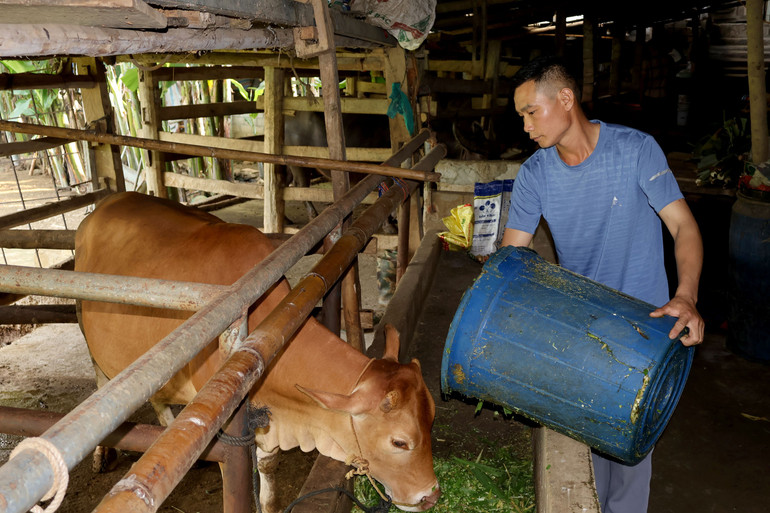
This year, turning 39, Mr. Pet has had more than ten years of career. When he first got married, he had almost no capital, not much land to produce, so he had to borrow from the bank to buy breeding animals.
With the advantage of being close to Nghien Loan cattle market, one of the major cattle trading hubs in the Northern region, this was an opportunity for him to learn and observe how many people do things, and from there gradually form an economic mindset. Initially, he only raised a few animals in the form of grazing, but realizing that the efficiency was not high, it took a lot of time and effort, he boldly switched to the form of fattening in captivity. "Captivity requires a higher investment, but the animals grow quickly, have less loss, and have better capital turnover," Mr. Pet analyzed.
Currently, every year, Mr. Pet raises and fattens four batches of buffalo and cows, each batch of about 5. After about three months of care, when the animals reach a certain weight, he sells them. On average, each pig brings in a profit of 1 to 2 million VND. In parallel, he also develops a herd of black pigs, a typical local breed that is healthy, easy to raise and suitable for the market. Every year, he sells two batches of pigs, yielding more than 1 ton.
Total income from livestock farming brings his family about 100 million VND per year, a fairly large number for households in the highlands.
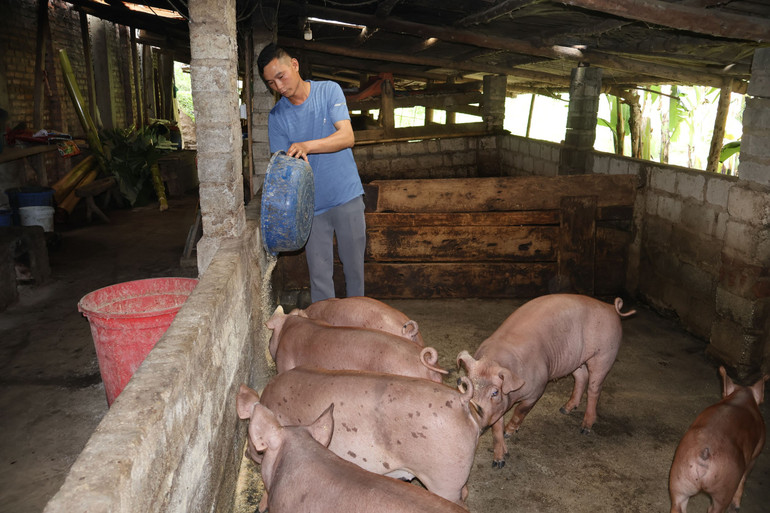
Not stopping at “taking labor for profit”, Mr. Pet always wondered how to raise livestock more effectively and sustainably. He proactively learned through training courses, information online, and from experienced breeders. Thanks to that, from preventing and treating common diseases such as diarrhea, dermatitis, foot-and-mouth disease to midwifery techniques for sows, he performed them all proficiently. “Just by closely monitoring and paying attention to every small symptom, you can detect diseases early, prevention is better than cure,” he said.
Realizing the role of green food in livestock farming, he proactively planted 5,000m² of elephant grass and bananas around the hills as green food, and combined it with making wine to increase the source of supplementary food. From then on, the food rations of his buffalo, cows and pigs were always stable, and the quality of livestock improved significantly.
Observing his family's barn with your own eyes, you can see the meticulousness and care: the barn is always clean and airy, the floor is dry, manure is cleaned daily, and the food and water troughs are cleaned regularly, minimizing the risk of disease transmission.
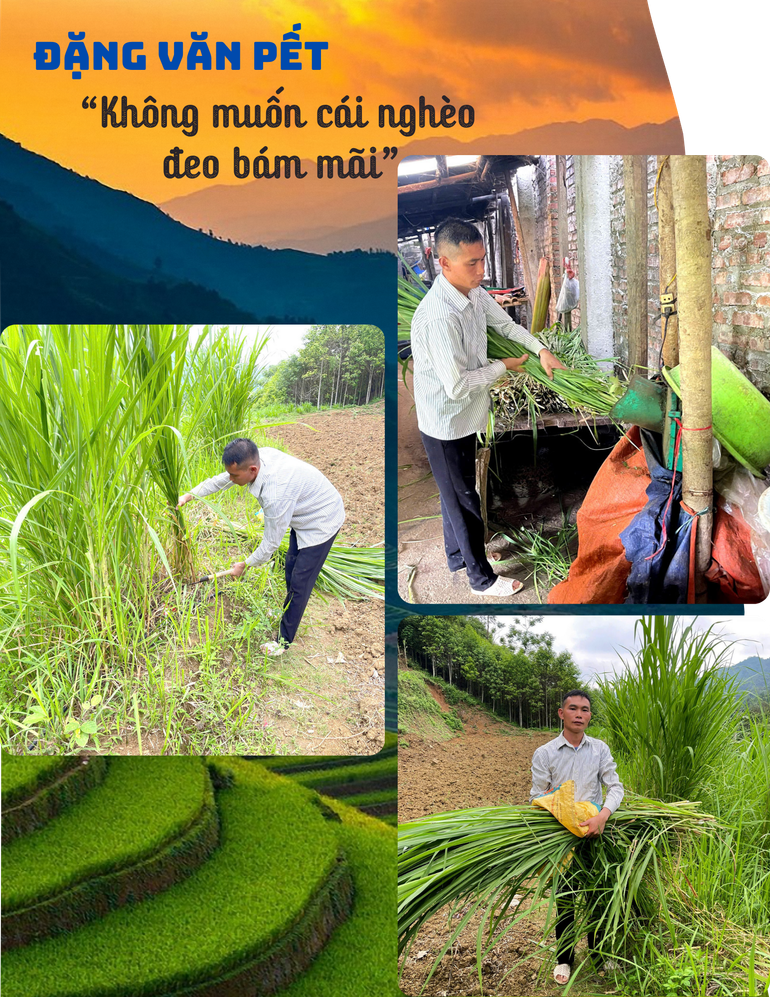
Thanks to those efforts, Mr. Pet has built a new, spacious house worth about 700 million VND, an important milestone in the journey of “escape from poverty”. Not only is he an economic support for his family, he is also a shining example for the villagers to learn from.
Mr. Dang Van Chan, Chairman of the Farmers' Association of Nghien Loan Commune, said: " Mr. Pet is a hard-working farmer member of the local economy. Although he is young, he has overcome his circumstances, from a poor household, thanks to his efforts to develop his family's economy, he has a comfortable life ."
Mr. Dang Van Pet’s success is the story of a process of tireless learning and working. From nothing, he built his own career through animal husbandry, gradually changing the lives of himself and his family./.
Source: https://baobackan.vn/chang-trai-tre-vung-cao-vuot-kho-nho-phat-trien-mo-hinh-chan-nuoi-vo-beo-post71285.html


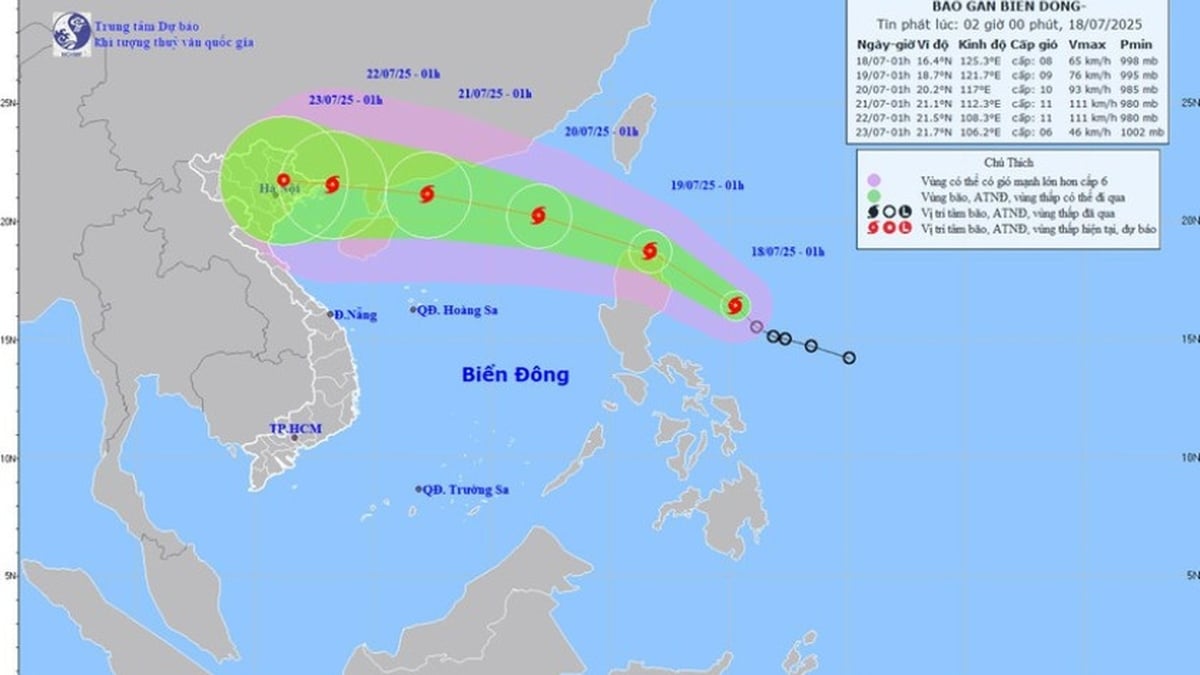
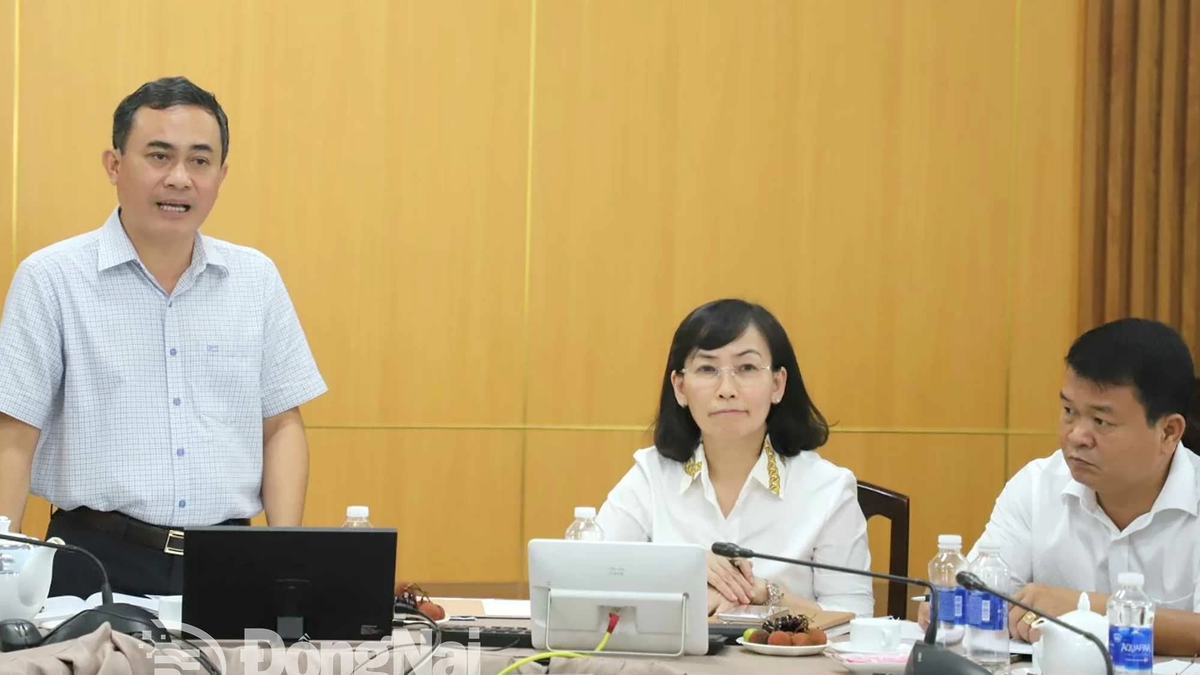
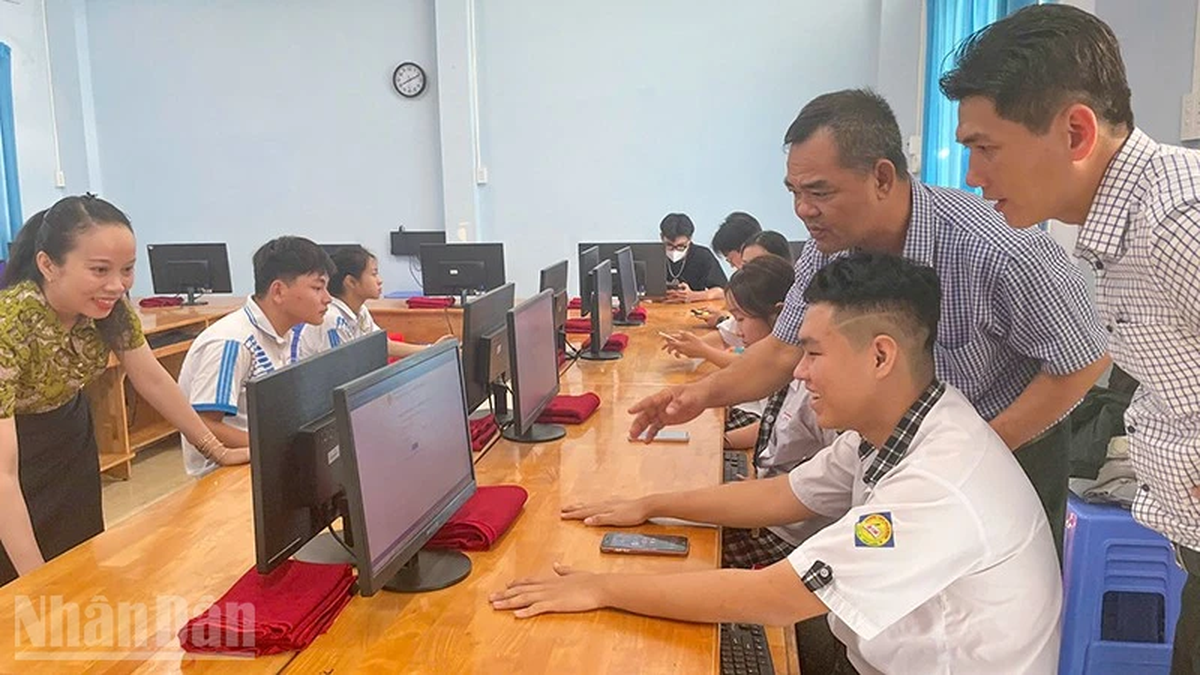
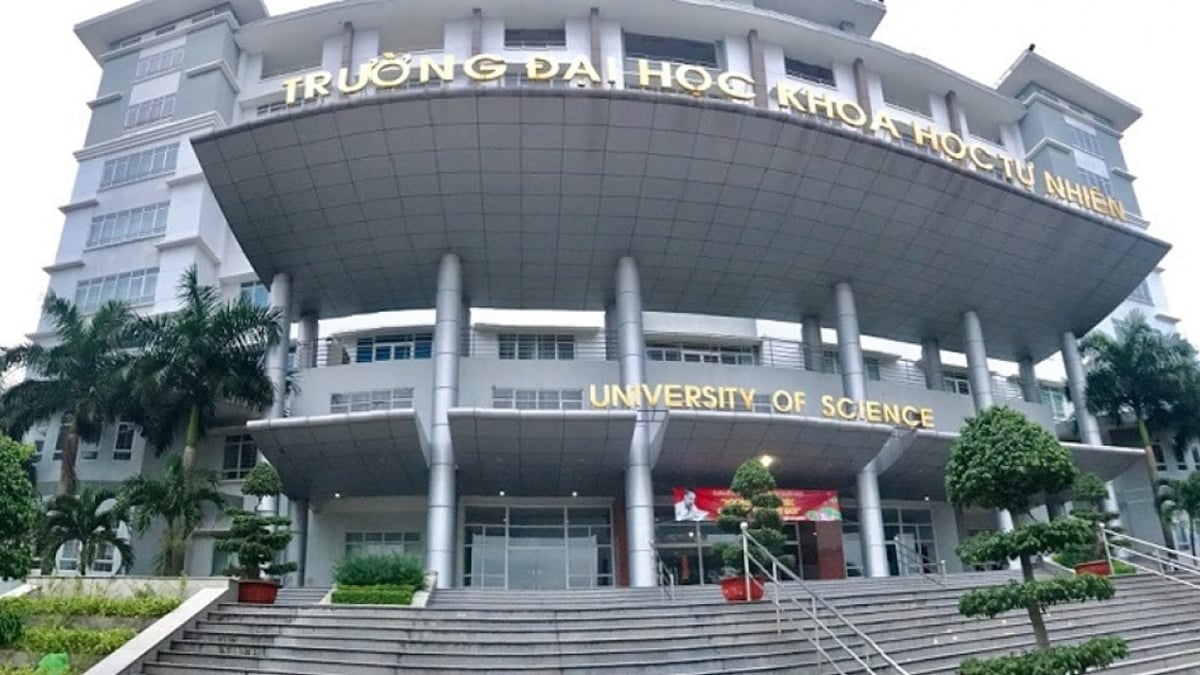
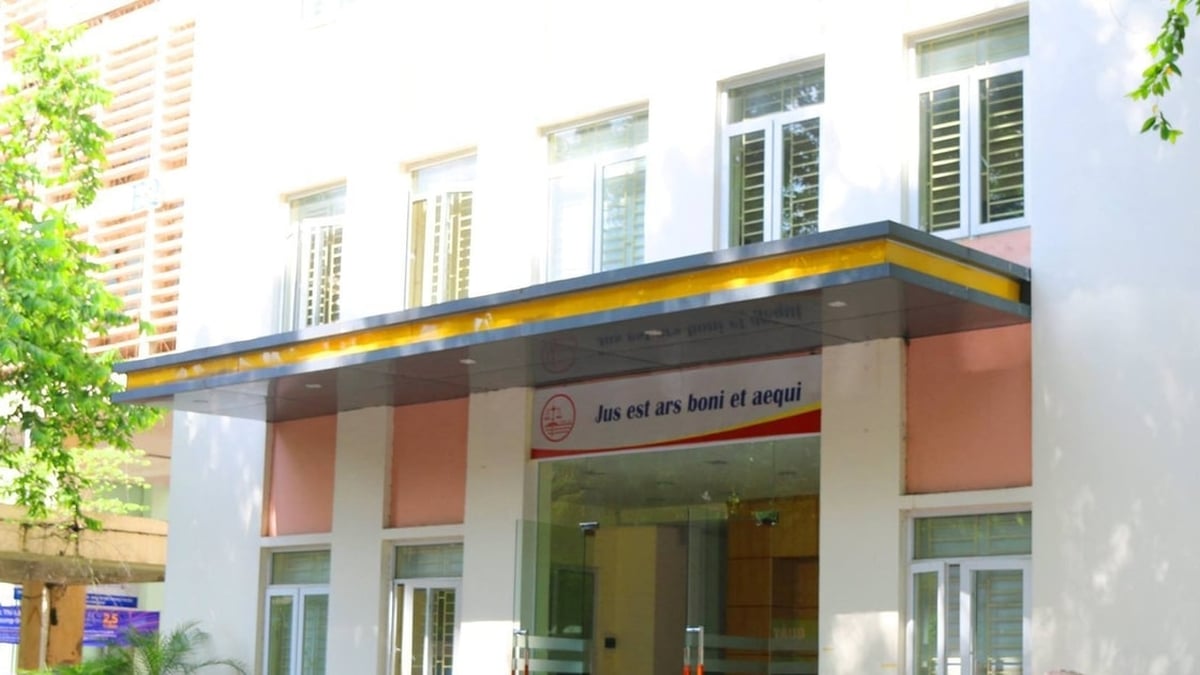
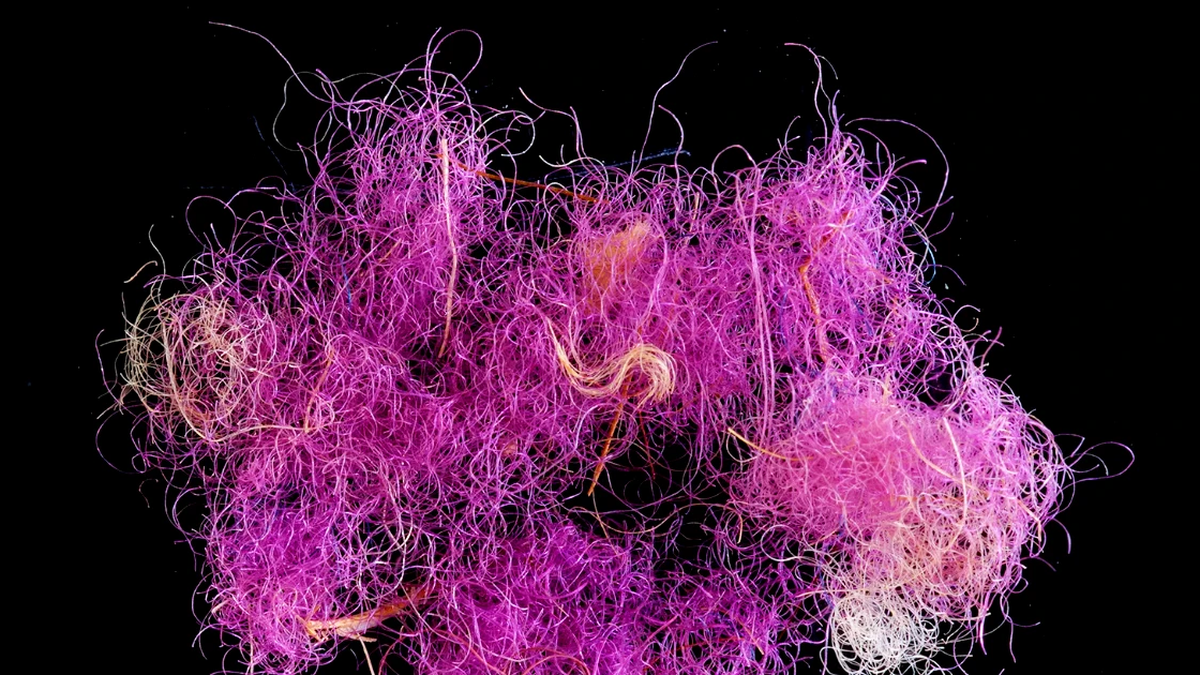

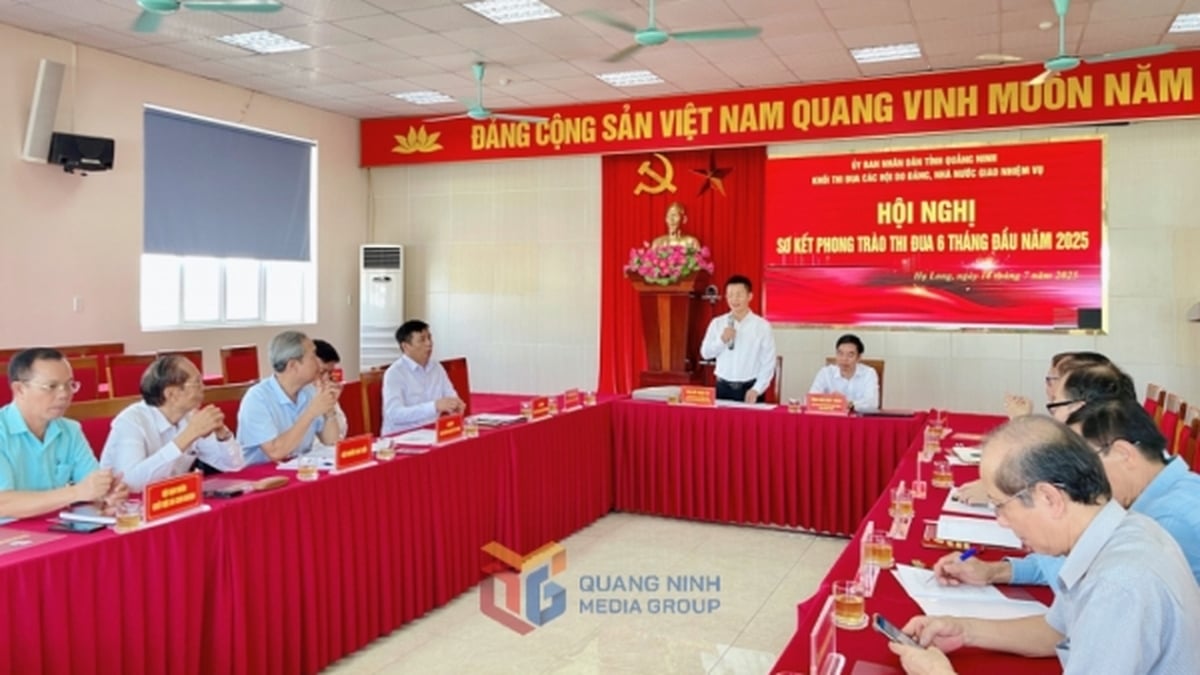
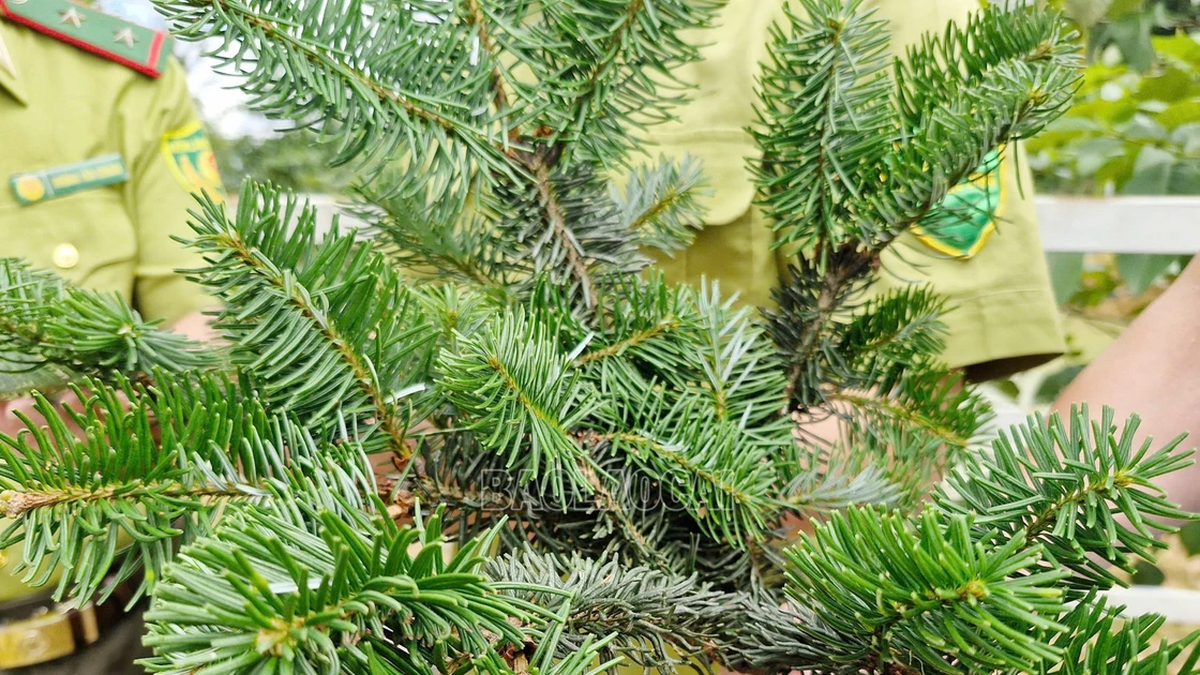
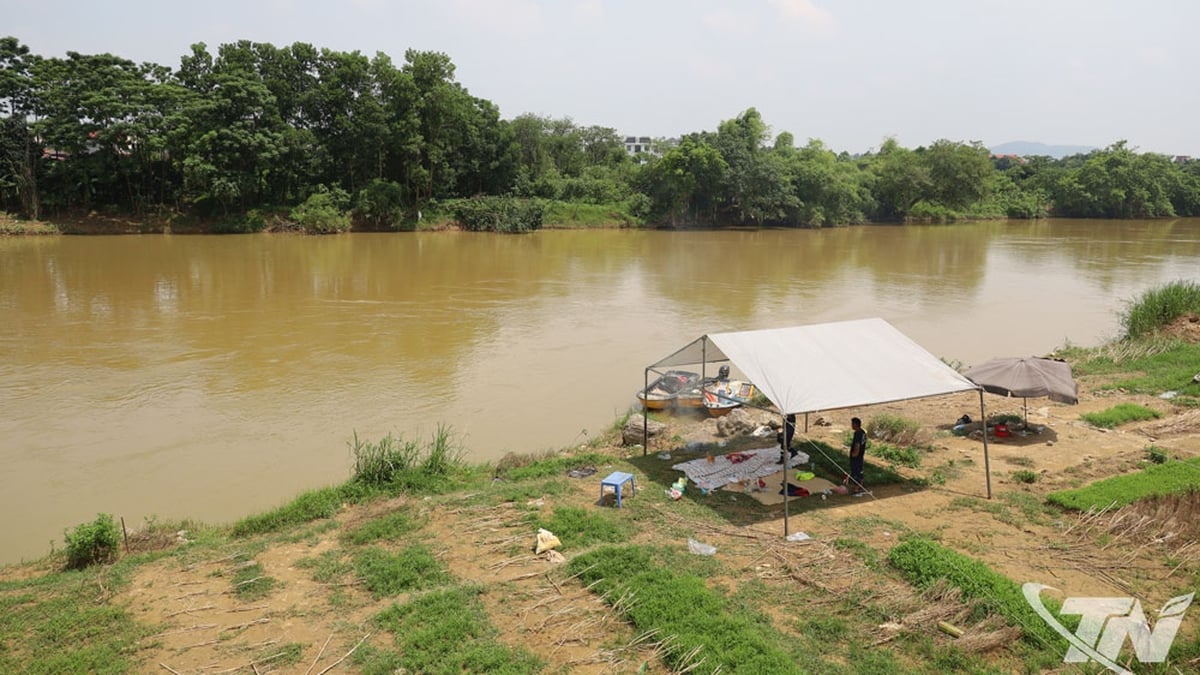








































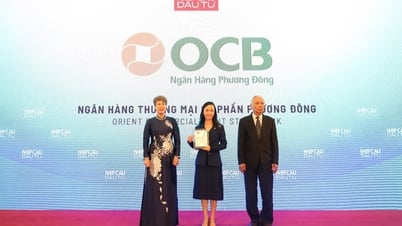

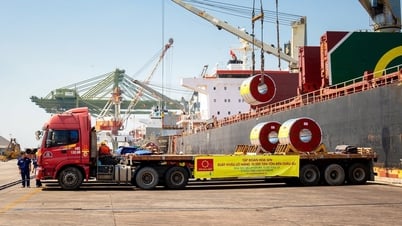





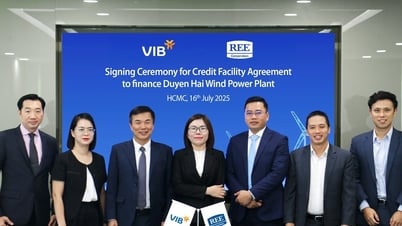

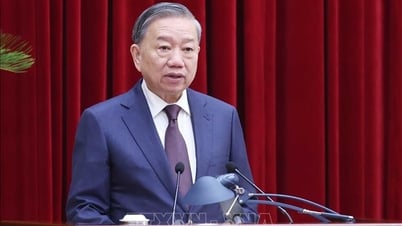

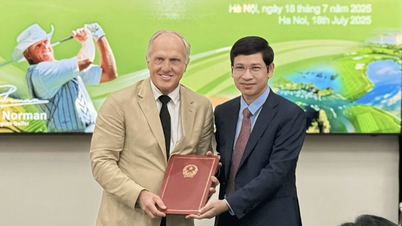

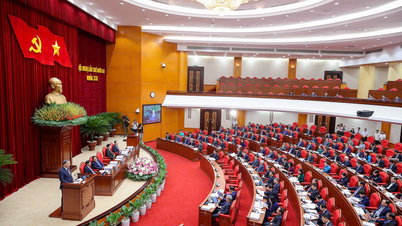




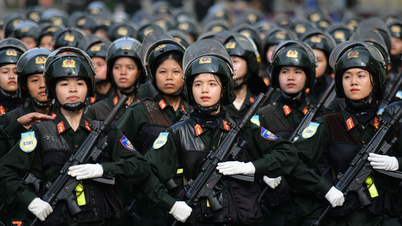
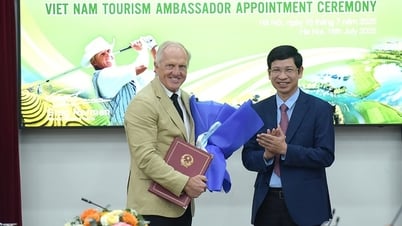



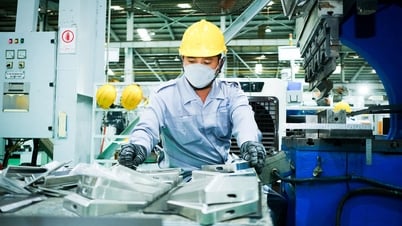

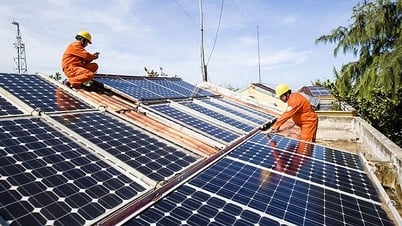









![[Infographic] In 2025, 47 products will achieve national OCOP](https://vphoto.vietnam.vn/thumb/402x226/vietnam/resource/IMAGE/2025/7/16/5d672398b0744db3ab920e05db8e5b7d)













Comment (0)